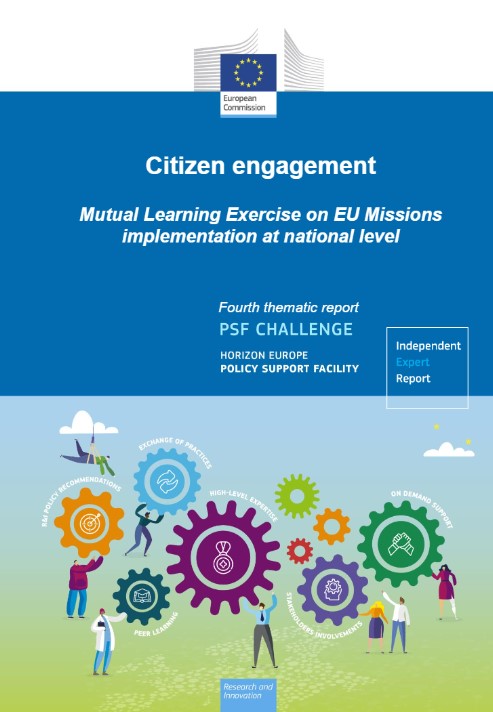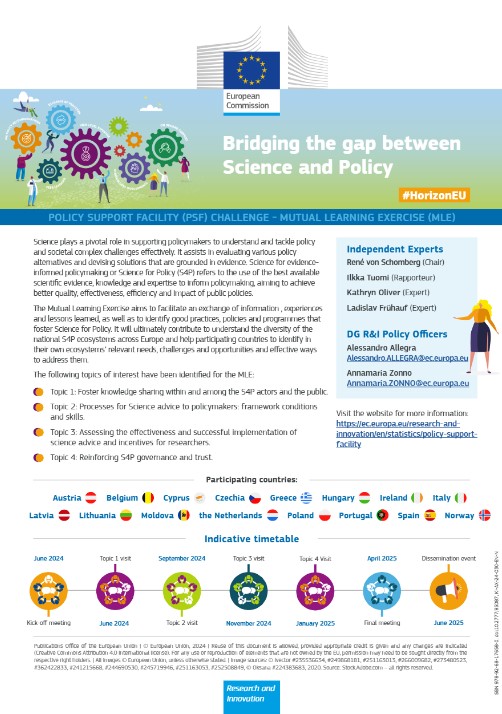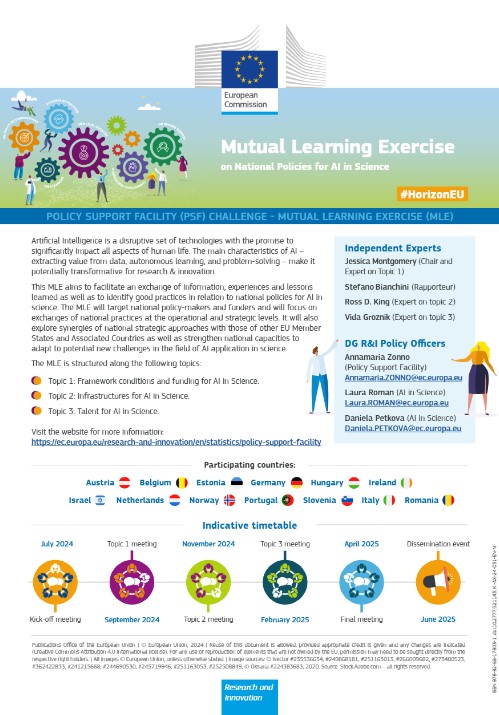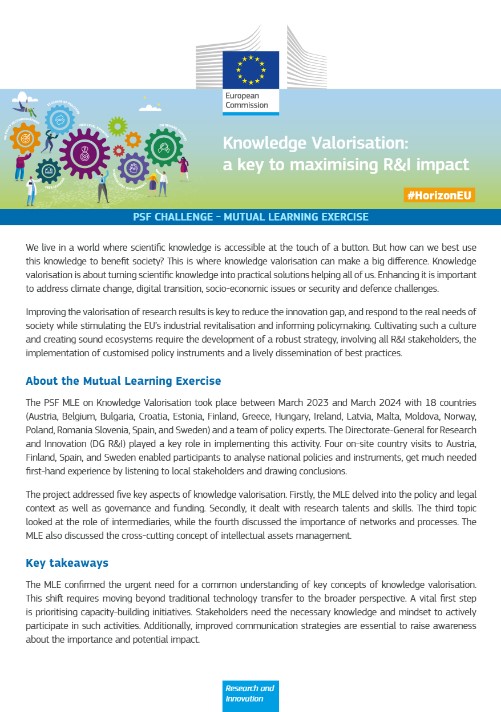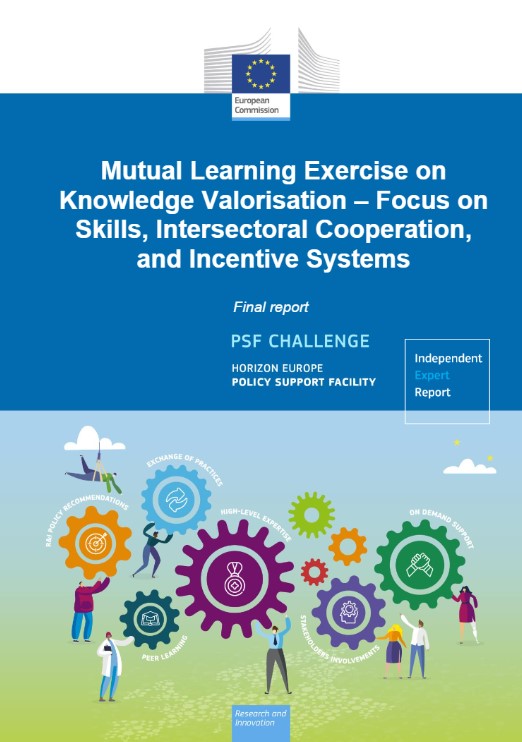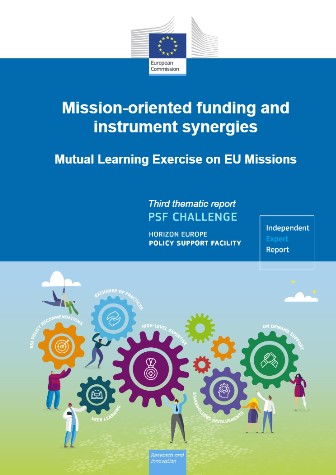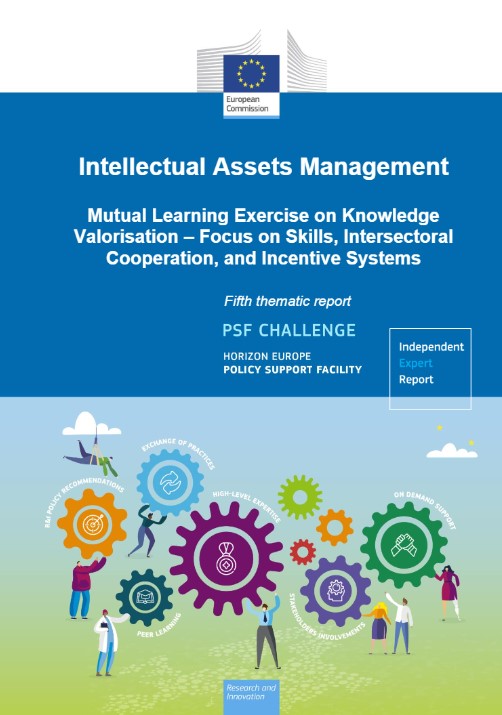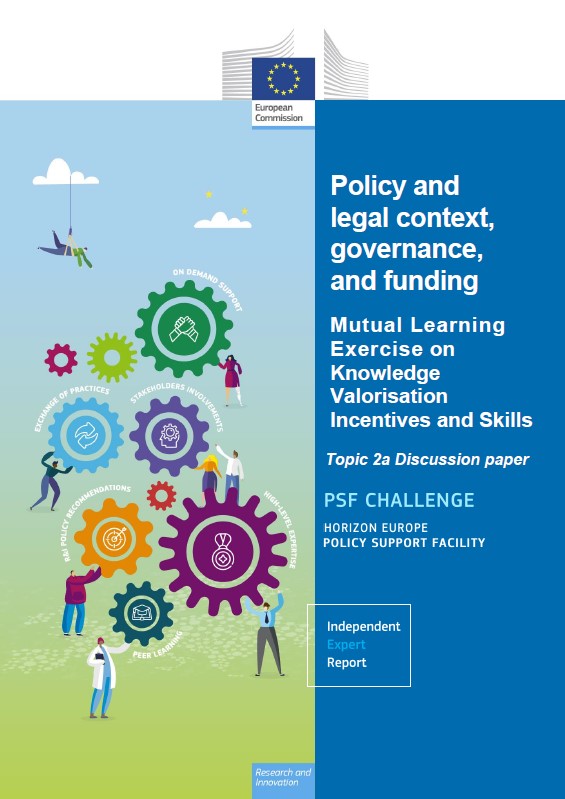Mutual Learning Exercise on National Policies for AI in Science
Artificial Intelligence is a disruptive technology with the potential to significantly impact all aspects of human life. Its main characteristics—extracting value from data, autonomous learning, and problem-solving—make it potentially transformative for research and innovation.

